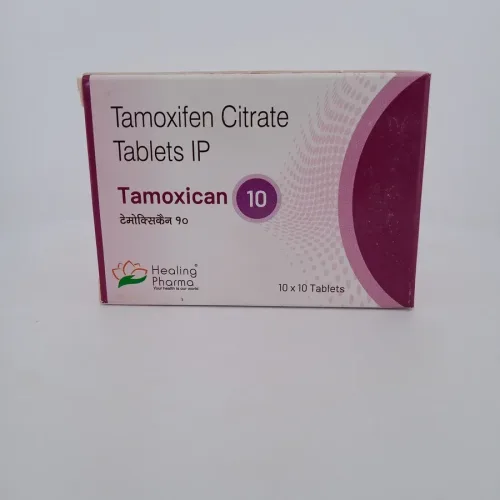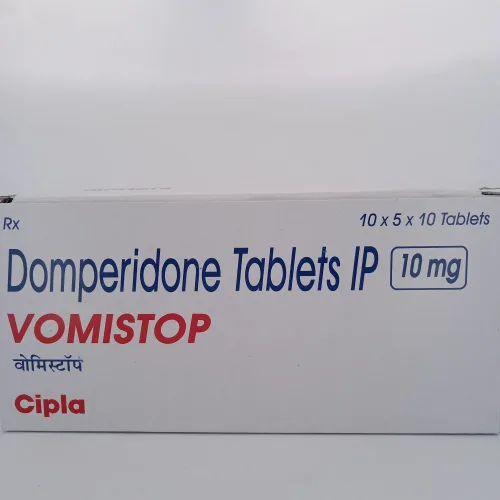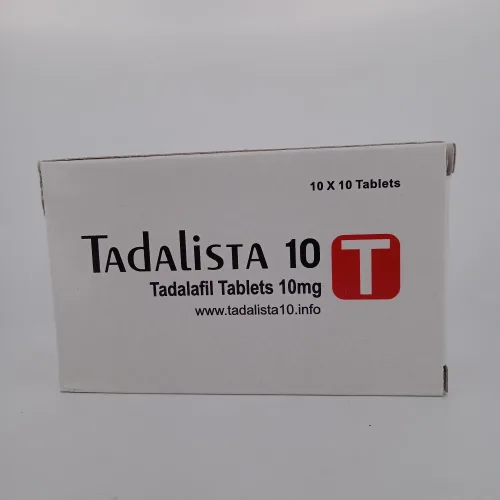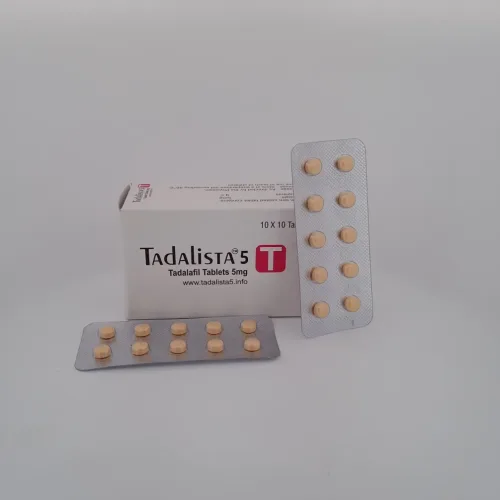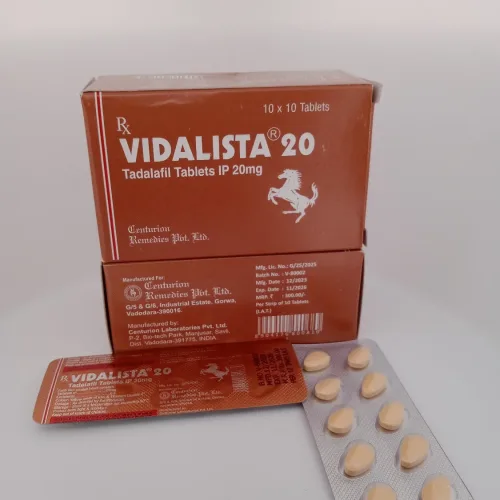we are committed to ensuring complete customer satisfaction.
Welcome to the new AIPCTSHOP! Better design, smoother checkout, and the same reliable delivery you trust.
USD $0.00
Cart TotalNo products in the cart.
Exclusive Products
USD $35.00 Original price was: USD $35.00.USD $31.50Current price is: USD $31.50.Add to cart
Vomistop 10 mg – 500 pill
Sexual health is closely tied to overall physical well-being. Balanced nutrition and consistent physical activity can play a vital role in boosting libido, improving stamina and supporting hormone levels. Always consult a medical professional before following any health advice or setting out a new health plan.
Eating a Balanced, Whole-Food Diet
A diet rich in fruits, vegetables, whole grains, lean proteins, and healthy fats supports hormonal balance and circulatory health. These nutrients help maintain libido, increase energy, and support reproductive function. Whole foods also reduce inflammation, which can affect sexual performance and overall well-being in both men and women.
Staying Hydrated for Better Circulation
Proper hydration supports blood flow, which is essential for sexual function. Dehydration can lead to fatigue, reduced libido, and dryness. Drinking enough water each day helps maintain energy, skin elasticity, and lubrication, creating a better physical foundation for comfort and satisfaction during intimacy.
Incorporating Heart-Healthy Foods
Sexual health depends heavily on cardiovascular health. Foods like berries, leafy greens, fatty fish, and nuts support blood vessel function and circulation. Improved blood flow enhances arousal and performance while lowering the risk of erectile dysfunction and other circulation-related sexual health concerns.
Reducing Sugar and Processed Foods
High sugar intake and processed foods can disrupt hormones, increase inflammation, and lead to weight gain. These factors can impair libido and performance. Reducing sugar helps stabilise energy levels, support mood, and improve overall sexual response and confidence over time.
Getting Regular Physical Activity
Exercise improves blood flow, boosts testosterone levels, and enhances body confidence. Strength training and cardio exercises increase stamina, reduce stress, and support a healthy libido. Regular movement also promotes flexibility and strength, contributing to physical readiness and comfort during sexual activity.
Practising Stress Management Techniques
Chronic stress negatively impacts sexual desire and performance by increasing cortisol and reducing libido-enhancing hormones. Practices like yoga, deep breathing, or meditation help lower stress levels and support a relaxed state of mind, which is essential for emotional connection and physical intimacy.
Maintaining a Healthy Weight
Excess body fat, especially around the abdomen, is linked to hormonal imbalances and decreased sexual function. Maintaining a healthy weight through diet and exercise improves self-esteem, energy, and hormone regulation, all of which contribute to better sexual experiences and overall reproductive health.
Including Zinc and Magnesium in the Diet
Zinc and magnesium are minerals vital to sexual function and hormone production. Foods like pumpkin seeds, spinach, dark chocolate, and legumes support healthy testosterone levels and relaxation. Adequate intake of these nutrients helps enhance arousal, improve stamina, and reduce the risk of sexual dysfunction.
Limiting Alcohol and Avoiding Smoking
Excessive alcohol and smoking impair circulation and hormone production. These habits can lower libido and interfere with performance. Cutting back or quitting improves oxygen flow, boosts fertility, and enhances sensitivity, allowing for more enjoyable and consistent sexual health outcomes.
Prioritising Sleep and Recovery
Quality sleep supports hormone balance, mental health, and physical energy. Poor sleep reduces testosterone levels and increases stress, both of which impact libido and sexual satisfaction. Prioritising consistent rest and allowing the body time to recover improves overall vitality and strengthens sexual well-being.
Conclusion
Combining nutrient-dense foods with regular physical activity is a powerful way to support sexual health naturally. These habits not only improve overall wellness but also promote confidence and vitality. Always consult a medical professional before starting any new health regimen.
Popular Post
Genetic Factors Behind Hair Loss
October 17, 2025
The Importance of Regular Sexual Checkups
October 21, 2025
Safe Sex Practices Everyone Should Know
October 21, 2025
Preventing Hair Thinning Naturally
October 17, 2025



